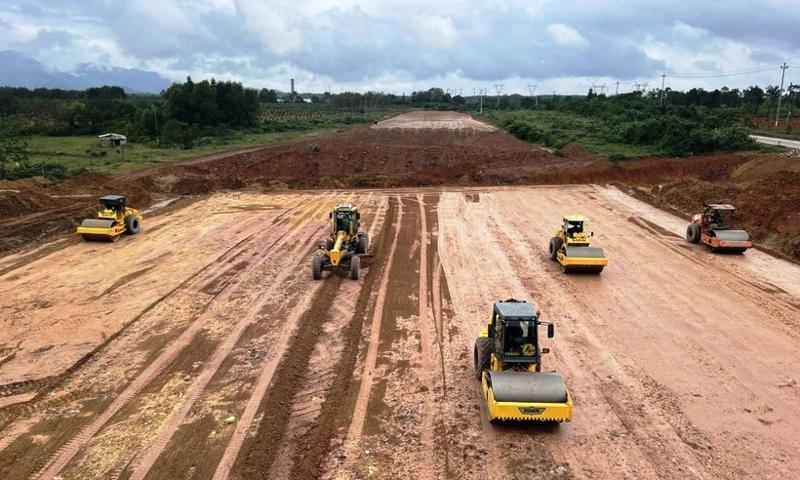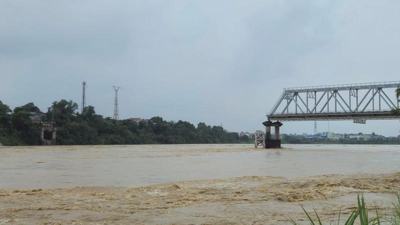Mekong Delta Transport Gets $15.8 Billion Boost
Vietnam's Transport Ministry unveils a major investment plan to integrate and modernize roads, railways, waterways, seaports, and airports in the Mekong Delta, addressing the region's economic potential.

In a recent briefing directed to the National Assembly Delegation of An Giang province, the Ministry of Transport (MoT) disclosed its ambitious plans for upgrading transportation infrastructure across the Mekong Delta. Collaborating closely with pertinent ministries and local agencies in the southern region, the MoT aims to channel resources into transformative projects to enhance connectivity and drive economic growth.
Key Developments
The MoT's endeavors have already yielded significant achievements. Notably, 120 kilometers of highways have been successfully completed and operationalized within the Delta, with plans underway to extend this network by an additional 428 kilometers by 2025.
In parallel, the MoT is exploring the feasibility of constructing a new railway line linking Ho Chi Minh City and Can Thơ city, alongside upgrading six primary inland water transport routes to reinforce connections between the Delta, Ho Chi Minh City, and the Southeastern Region. These initiatives include the ongoing renovation and enhancement of infrastructure such as the Cho Gao canal.
Moreover, the MoT is actively investing in the construction and management of key seaports like Cai Cui, Hoang Dieu, Vinaline, and Duyen Hai terminals, along with progressing the second phase of projects to enable access for large-tonnage vessels to the Hau River.
On the aviation front, significant upgrades have been completed across four regional airports, namely Can Tho, Phu Quoc, Ca Mau, and Rach Gia, increasing their collective capacity to accommodate 7.45 million passengers annually and handle 12,000 tons of cargo. Additionally, plans are underway to construct a cargo terminal at Can Tho airport to further bolster freight operations and logistical capabilities.
Strategic Imperatives
Aligned with Decision 13 of the Politburo, the MoT is deploying holistic solutions to foster sustainable socio-economic development in the Mekong Delta, leveraging its inherent potential while addressing existing constraints.
Approval from the Prime Minister for five national industry master plans underscores the integration of transportation infrastructure in the Delta, ensuring seamless connectivity across various modes of transport. Seaports, airports, railways, and expressways are strategically interconnected to optimize regional logistics and bolster economic activities.
Financial Outlook and Future Prospects
While the scale of these infrastructure endeavors is substantial, the MoT remains steadfast in its commitment to reporting to relevant authorities and allocating resources judiciously. The estimated capital requirement for transportation infrastructure in the Mekong Delta stands at approximately VND 391.2 trillion ($15.8 billion), focusing on pivotal projects that prioritize regional connectivity and catalyze spillover effects.
Looking ahead, the MoT will sustain its collaborative efforts with provincial authorities, city administrations, and relevant agencies to execute and monitor the implementation of these transformative plans. By fostering coordination and synergy, the Ministry endeavors to realize its vision of a modern and comprehensive transportation network that propels the Mekong Delta towards sustained growth and prosperity.







